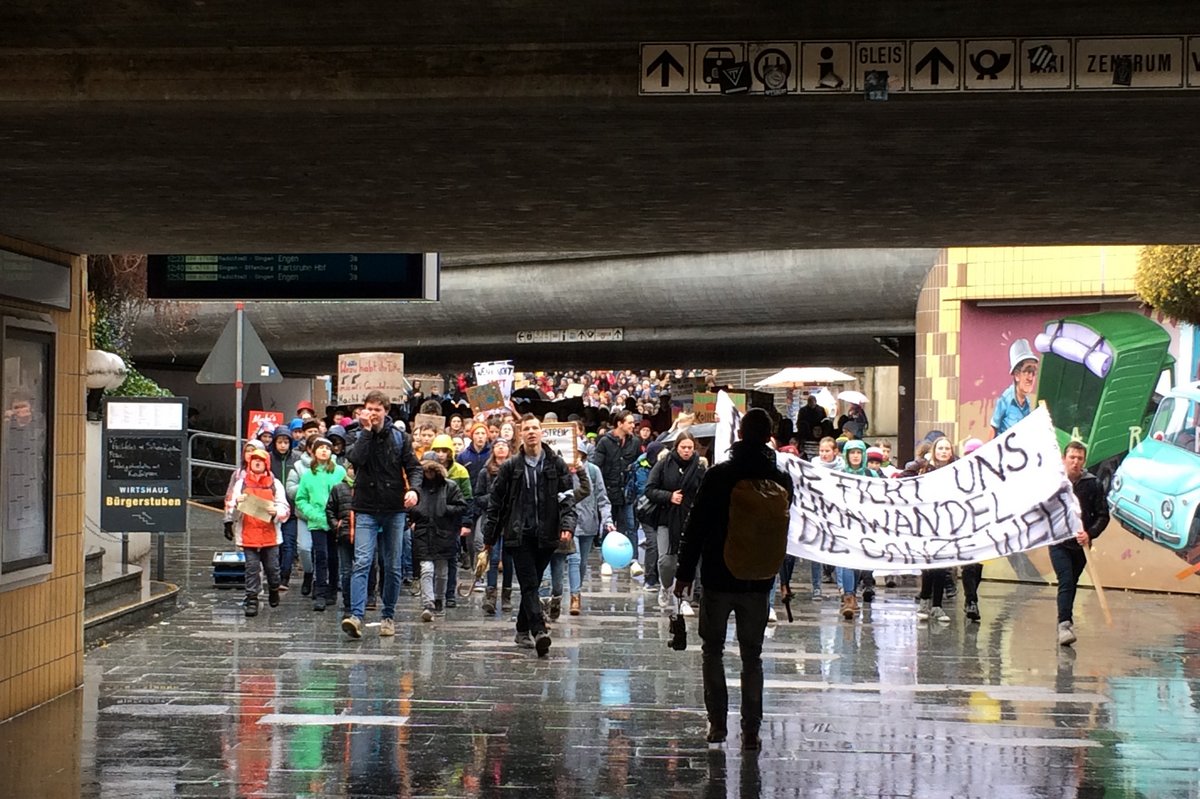Project Description
Aims and central research questions
What makes citizens support international solidarity? To better understand the conditions of support of international solidarity, CONSOLI integrates three main components of the redistributive chain:
- Donors (redistribution from)
First, what are the conditions of international solidarity, at the level of the donors? How is support constructed by group identities and how do norms of group conformity impact on citizens’ willingness to support aid?
- Recipients (redistribution to)
Second, who deserves international solidarity? How do need, control and reciprocity in the recipient countries affect citizens’ readiness to support solidarity, both from a backward- and a forward-looking perspective?
- Institutions (redistribution through)
Third, how does the institutional setup linking donors and recipients influence support for solidarity? Do strong international and European institutions impact citizens’ confidence in international solidarity, and if so, how?
Background
Problems without passports oftentimes lead to rising international inequalities. In response to such rising inequalities, international solidarity received extensive attention in the public and academic debate. However, since its legitimacy hinges on public support, there is a need to reconcile international obligations and national democracy. CONSOLI provides the next leap forward in our understanding of the conditions of international solidarity, by developing and testing a refined conceptual model on the distributive chain, integrating the redistribution from, to and through components in a unified framework.
Methods
The project designs and conducts two original cross-national surveys.
The first CONSOLI survey was fielded in the fall of 2023 in nine countries around the globe: Argentina, Germany, India, Italy, Japan, Poland, South Africa, Sweden, and the United States of America. The survey assesses public attitudes towards international solidarity in different policy areas, including climate and healthcare policy both in wealthy countries of the Global North and in less developed countries from the Global South. We are thus able to assess how citizens in donor and recipient countries think about proposals to tackle global problems and foster international solidarity. At the centre of this first CONSOLI survey is the question whether and how perceptions of global interdependence affect support for policy proposals aiming at fostering international solidarity in climate and health policy.
The second CONSOLI survey is planned for late 2024.
CONSOLI “on the road”:
We are presenting our research at international social and political science conferences as well as at policy events.
- Progressive Governance Summit, Berlin, October 2022
- Political Science and Political Economy Lecture Series, Cologne Center for Comparative Politics / ECONtribute, December 2023
- In_Equality Conference, Konstanz, April 2024
- ECPR 12th Biennial Conference of the Standing Group on European Union, Lisbon, June 2024
- EPSA 14th Annual Conference of the European Political Science Association, Cologne, July 2024
- ECPR General Conference 2024, Dublin, August 2024
Disciplines
Political Science, Sociology
Starting date
June 2022
Literature
Publications
Baute, S. (2024). The distributive politics of climate change: A conjoint experiment on EU climate change mitigation policy. Journal of European Public Policy, online first. https://doi.org/10.1080/13501763.2024.2304609
Blok, L., Heermann, M., Schüssler, J., Leuffen, D., & Vries, C. E. (2024). All on Board? The Role of Institutional Design for Public Support for Differentiated Integration. European Union Politics online first. https://doi.org/10/gt6qpf.
Heermann, M., & Leuffen, D. (2024). No Solidarity without Norm Conformity: Democratic Backsliding Reduces Solidarity and Increases the Desire for Punishment amongst EU Citizens. In: Batora, J., & Fossum, J.E. (eds). Differentiation and Dominance in Europe’s Poly-Crises. London: Routledge.
Heermann, M., Leuffen, D., & Schüssler, J. (2024). Differentiation, Dominance and Fairness in the European Union: Bringing in the Citizens’ Perspective. European Journal of Political Research online first. https://doi.org/10/gt6qpk.
Baute, S. (2023). Public Euroscepticism revisited: The role of distributive justice. European Union Politics, 24(2), 625-644. https://doi.org/10.1177/14651165231170
Burgoon, B., Baute, S., & van Noort, S. (2023). Positional Deprivation and Support for Redistribution and Social Insurance in Europe. Comparative Political Studies 56 (5): 655–93. https://doi.org/10/grhwcd.
Heermann, M., Koos, S. & Leuffen, D. (2023). Who Deserves European Solidarity? How Recipient Characteristics Shape Public Support for International Medical and Financial Aid during COVID-19. British Journal of Political Science, 53(2), 629-651. https://doi.org/10.1017/S0007123422000357
Leuffen, D., Mounchid, P., Heermann, M., & Koos, S. (2023). Mobilizing Domestic Support for International Vaccine Solidarity: Recommendations for Health Crisis Communication. npj Vaccines, 8(28). https://doi.org/10.1038/s41541-023-00625-x
Baute, S., Heermann, M., & Leuffen, D. (2022). European Solidarity and the Politics of Blame and Reciprocity. Green European Journal. 11/10/2022. https://www.greeneuropeanjournal.eu/european-solidarity-and-the-politics-of-blame-and-reciprocity/
Heermann, M., Sebastian K., & Dirk L. (2022). Replication Data for: Who Deserves European Solidarity? How Recipient Characteristics Shape Public Support for International Medical and Financial Aid during COVID-19. Harvard Dataverse. https://doi.org/10.7910/DVN/RCO69B.

